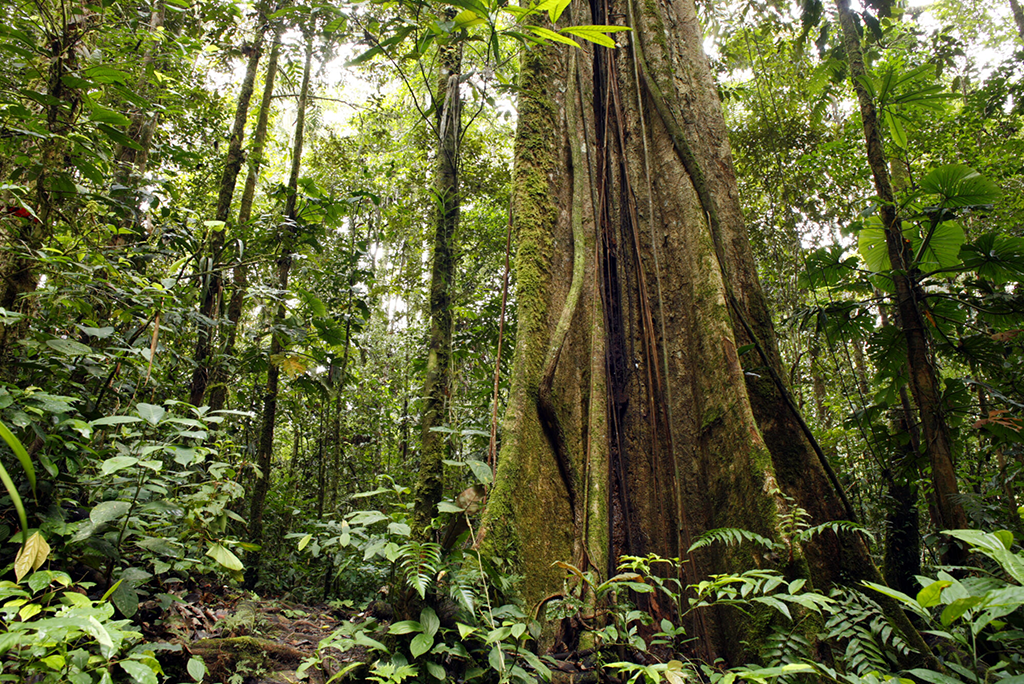Due Care as defined by the U.S. Lacey Act and enforced by the U.S. Department of Justice and U.S. Department of Agriculture makes it a felony to traffic in plants (trees) and plant products (wood) when in the exercise of due care, the person or company should know that the plant or plant product was taken, possessed, transported or sold illegally.
Tropical Forest Products in its industry leading commitment to sustainability and environmental education established its corporate Legal Lumber Due Care Compliance Program. This initiative ensures full compliance with environmental regulations and promotes best practices in sourcing high-quality hardwoods such as Ipe wood, known for its durability, natural beauty, and sustainability.
The LEGAL LUMBER™️️ Due Care Environmental Compliance Certification Program was established by Tropical Forest Products as a corporate environmental compliance and education program, not only to assure compliance with international laws and regulations, like the U.S. Lacey Act, but designed the program to assist building product users in establishing an ethical approach to specifying and sourcing building products which incorporate comprehensive environmental ‘Due Care’ best practices and educate both specifiers and consumers about the environmental benefits associated with using natural and renewable wood products verses their non-renewable, non-wood substitutions.
• be derived from a naturally occurring, renewable and sustainable resource.
• be 100% organic having grown without the use of genetic modification or chemical fertilization.
• sequester and store carbon throughout its useful service life cycle.
• generate zero post-industrial and post-consumer non-biodegradable waste.
• be 100 percent biodegradable at the end of its useful service life returning to nature as natural organic waste.
• not require for service any petroleum based or inorganic chemical treatments, or coatings.
• not require for service any inorganic chemical modification
• be safe for contact with humans and animals.
• not require for service, any specialized handling, storage or disposal procedures.
• meet Low VOC emission standards being free from any inorganic off-gassing.
• be used, reused or recycled without the use of chemical processing.
• be harvested from forest areas where traditional or civil rights are not violated.
• be harvested from areas where natural forest have not been converted to non – forest use.
• be derived from member countries of the ITTO (International Tropical Timber Trade Organization) having signed the ITTA (International Tropical Timber Trade Agreement)
• be sourced in compliance with CITES (Convention on the International Trade of Endangered Species)
• be verified as having been harvested legally and sourced in compliance with all national and international laws and regulations pertaining to the trade of wood products and more specifically in compliance with Legal and Due Care compliance requirements as defined by the U.S. Department of Commerce, U.S. Department of Agriculture and U.S Department of Justice, including but not limited to the U.S. Lacey Act, U.S. Buy American Act, U.S. Foreign Corrupt Practices Act and U.S Forced Labor Laws.
As Director of Environmental Compliance for Tropical Forest products my credentials include.
Was the owner of the 38th company FSC Chain of Custody certified by the Rainforest Alliance.
Developed the Fields to Forests Tropical Reforestation Program, planting over 10,000 trees on denuded agricultural lands in Costa Rica.
Hold certifications in IWPA – Due Diligence, Advanced Compliance and Audits for the Wood Trade Professional.
Please look for my next Blog where I will be discussing the upcoming addition of Ipe and Cumaru to CITES compliance requirements.




